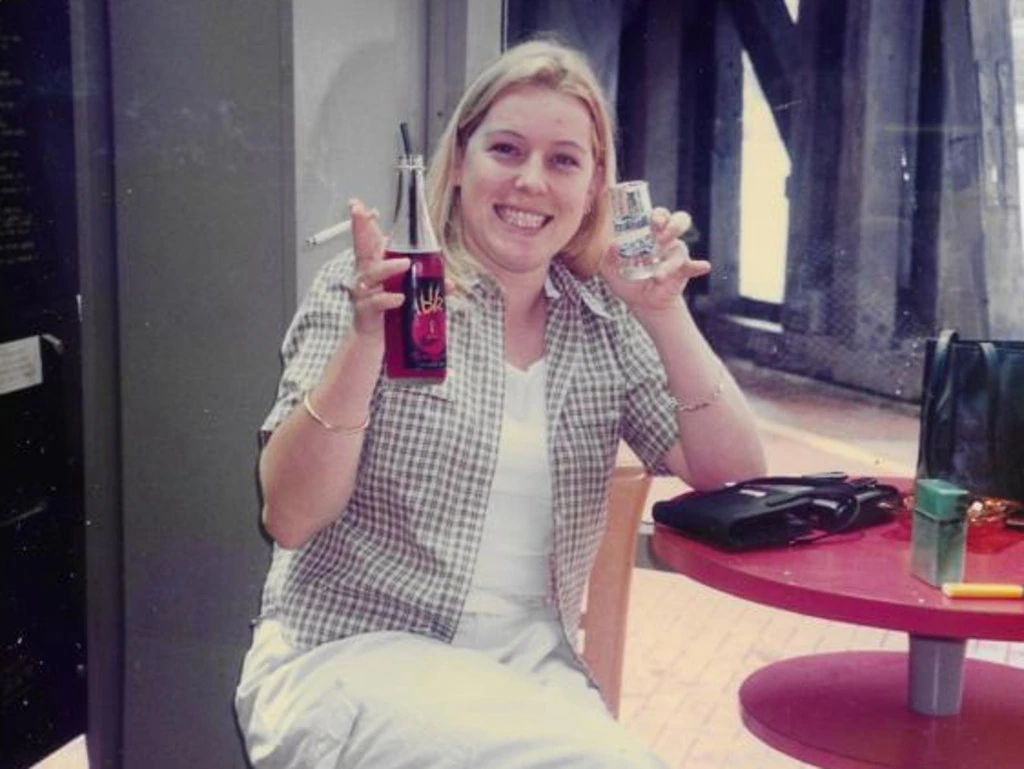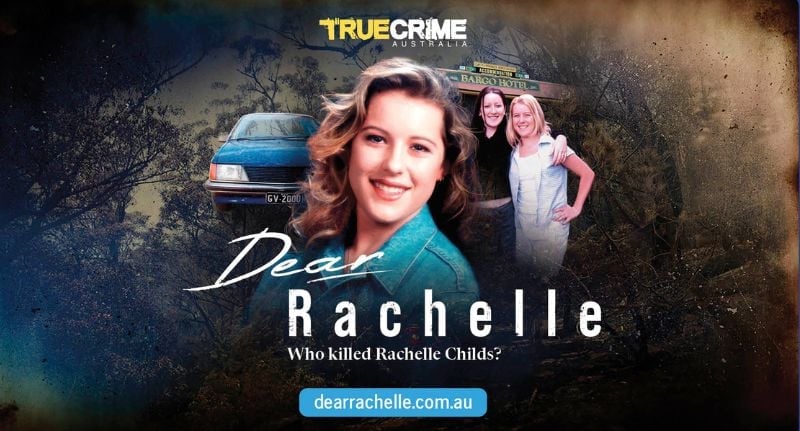Australia’s appetite for true crime content is more than a passing trend; it’s a cultural phenomenon.
According to the 2024 Australian Podcast Report by Commercial Radio & Audio (CRA) and Triton Digital, true crime ranks among the top three podcast genres, with over 3.75 million average monthly listeners.
Notably, true crime podcast listeners are 57% more likely to consume over five hours of podcast content weekly.
This deep engagement reflects a collective desire to delve into real-life mysteries and seek justice through storytelling.
The Impact of Dear Rachelle
Amidst this backdrop sits News Corp Australia’s (NCA) ‘Dear Rachelle’ podcast.
The series investigates the unsolved 2001 murder of 23-year-old Rachelle Childs, with journalist Ashlea Hansen leading the inquiry alongside retired detective Damian Loone and Rachelle’s sister, Kristy.
Since its release, the podcast has garnered over 2.1 million downloads. The renewed attention has prompted police to reopen the investigation and apply for an increased reward for information, currently set at $200,000.
The podcast’s Executive Editor, Sarah Blake, told Mediaweek she attributes the podcast’s resonance to Australia’s enduring fascination with true crime and the public’s role in seeking justice.
“People enjoy playing the armchair detective,” Blake notes, emphasising the podcast’s ability to offer hope and potentially unearth new leads.
“We’re always looking for stories of hope, and even though, at its heart, this is a terribly sad story about a woman’s murder, we hope that we’re offering a little bit of hope that maybe we’re going to get some answers,” she said.

‘Dear Rachelle’ Executive Editor, Sarah Blake
Journalism that drives change
The impact of Dear Rachelle extends beyond its listenership.
Blake emphasises the podcast’s role in reigniting interest in a long-dormant case. “From day one, the investigation into Rachelle’s murder was hampered by inadequacies and mistakes,” she explains.
“It wasn’t until we started asking questions that New South Wales Police finally reopened their investigation.”
For Blake and the rest of the team, the decision to reopen the cold case marked not only a professional, but also a personal victory.
“It’s the absolute reason that we do what we do,” she said. “This is why we become journalists, and it’s why we persevere”.
A cross-platform investigation
What makes Dear Rachelle so compelling isn’t just its tragic mystery, but the way the story is told.
“This is a true multimedia project,” said Blake. “At News Corp we always tell our stories digitally first. But this was the first time I’ve been involved in something where, from inception, we considered every channel.”
From day one, Blake and her team mapped the editorial arc across multiple formats, audio, print, social, and video.
“At the first podcast meeting, we were storyboarding the first six episodes,” she recalled. “Underneath that, in a different coloured piece of cardboard, was what we thought the splash was for the newspapers and the websites for day one, and six months later, that’s pretty much what we had on the front page.”
This methodical planning and deep collaboration helped elevate the project to something rare.
“We had a cross-functional team that met every week: social media, newsletters, marketing, PR,” Blake explained. “It’s a luxury. Everyone’s been along for every part of it. It’s felt like an absolute career highlight.”

Murdered Bargo woman Rachelle Childs. Photo: News Corp Australia
The team behind the scenes
Blake is also quick to credit the project’s originator: “I have to pay credit here to Ashlea Hansen, who is the host of this podcast and the absolute driving force,” she said.
“Ash is a really good journalist who brought this project to us. She had been fully immersed in it and had a relationship with the family. She pitched the concept to us, and we saw straight away how powerful it could be.”
It was also the involvement of retired detective Damian Loone that sealed it.
“Someone who sums up the importance of having the public on board is Damian,” said Blake. “He helped Hedley Thomas solve The Teacher’s Pet, and he said that most cold cases can be solved and that the podcast itself is a powerful tool for this form of investigation. So I think that’s a big part of it.”
For Blake, working on Dear Rachelle has offered more than just professional reward.
“We’ve got people like Patrick Carlyon, who is one of Australia’s very best journalists, and he told me that this was one of the best project he’s been involved in. We’re all very conscious of what a privilege it is to have the time and the space to do this.”
At a time when digital storytelling is constantly evolving, Dear Rachelle offers a blueprint for the future, one built on collaboration, emotion, and a refusal to let injustice stand unanswered.
And for Blake and her team, the results speak volumes: “At News Corp, we spend a lot of time strategising about how we can help not only develop, but also retain a new audience,” she said.
“And for the answer to that to be good journalism, it’s just incredibly heartening.”
